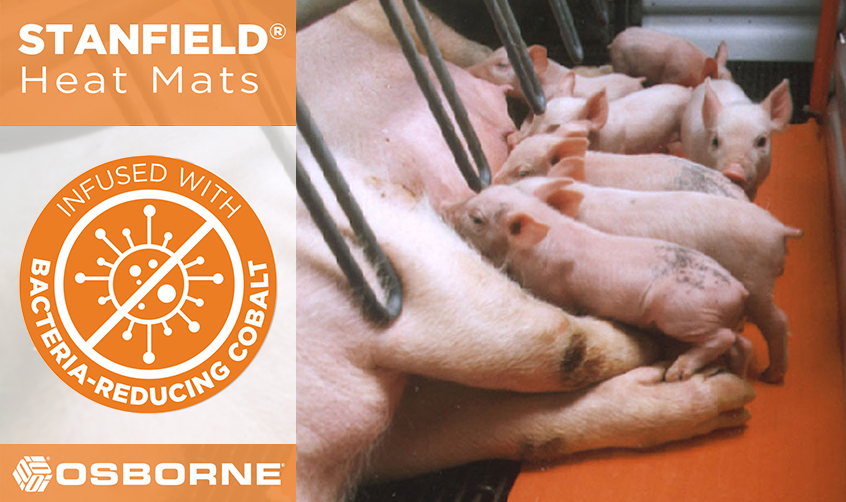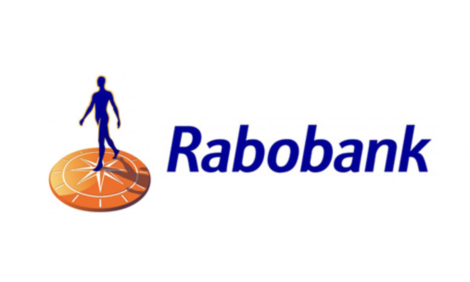



Group housing, the future for sows
A special trends report by Roxell analyzes expected changes in sow housesOf the five freedoms set out by the British Animal Welfare Council, freedom to express normal and natural behavior is gaining more attention, said the special market trends report by Roxell.
The natural behavior of sows is stimulated by keeping them in a group. That is why in 2013 the EU made it mandatory to keep gestating sows in group housing. The same change is now being proposed for farrowing and insemination pens as well. This will have a huge impact on the sow housing of tomorrow, said the farm equipment company.
The EU aims to impose a ban on keeping poultry, pigs, calves and rabbits in cages in 2027. The specifics of the new legislation and the length of the transition period are still up for discussion.
Outside of Europe, large retailers and food businesses are also committing to improving animal welfare. This is in response to societal and consumer pressure.
In Brazil, major retailer Carrefour Brazil expects its suppliers to move gestating sows into group housing after 28 days.
In Thailand Charoen Pokphand Foods (CPF) is setting the bar with an animal welfare charter, and one of the five conditions is that animals should be free to express normal behavior.
In the US, Tyson Foods is setting up new programs to elevate the welfare of its animals to a higher level, both in terms of behavior and mental health.

In July 2020, Germany published new guidelines for farrowing and insemination houses. They are likely a good indication of what the future EU rules will comprise, said Roxell. Under the new rules, individual insemination pens for sows are to be abolished by 2028. Stays in an individual farrowing pen will be limited to a maximum of five days. Within three years of the law coming into force, sow keepers must present their renovation plans. A building permit must be requested within two years after that.
Pig farmers who decide to terminate their farming activities will be asked to provide a written declaration of this. They will then be permitted to continue operating for a few more years without making extra investments.
A ruling by a supreme court in New Zealand found that individual farrowing pens infringe upon the Animal Welfare Act. The ministry of agriculture will have to find alternatives for half of all sow keepers in New Zealand.
In order to comply with new legislation, many farmers will require a completely new design. Temporary housing in pens is likely not the best option, said the report. But in order for sow keepers to make the right, future-proof investments, more research will be needed, as the switch to group housing will require significant investment. The sector must be able to pass costs on to stores, and fair competition with meat that is not produced under the same standards is a must.











